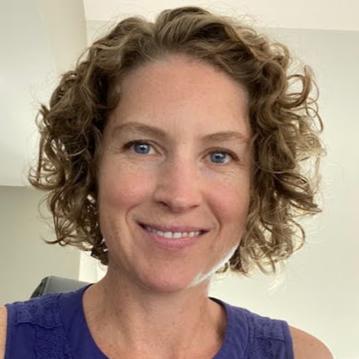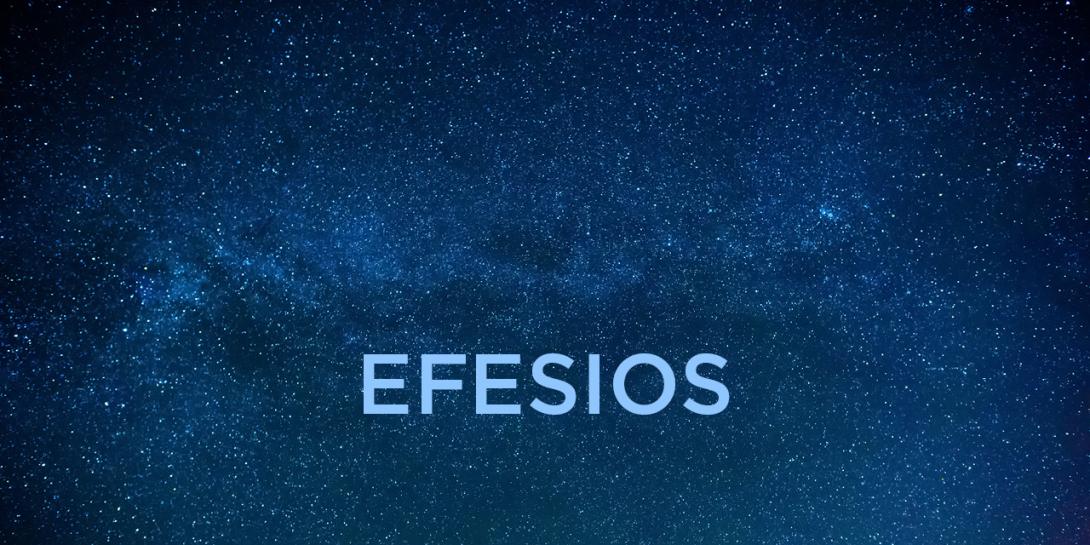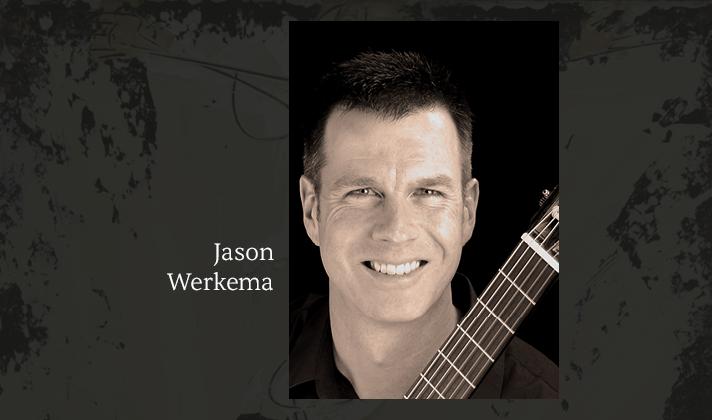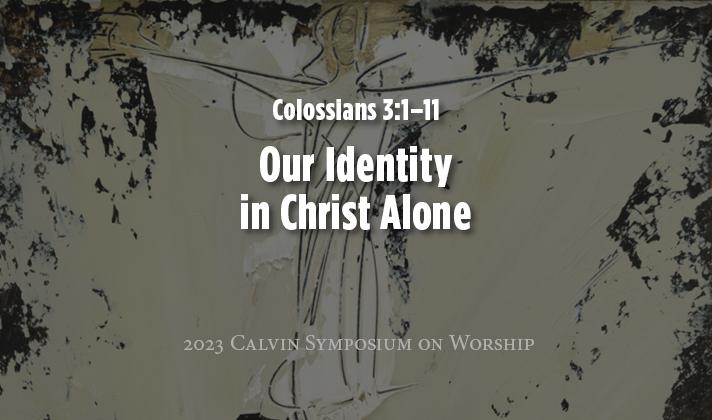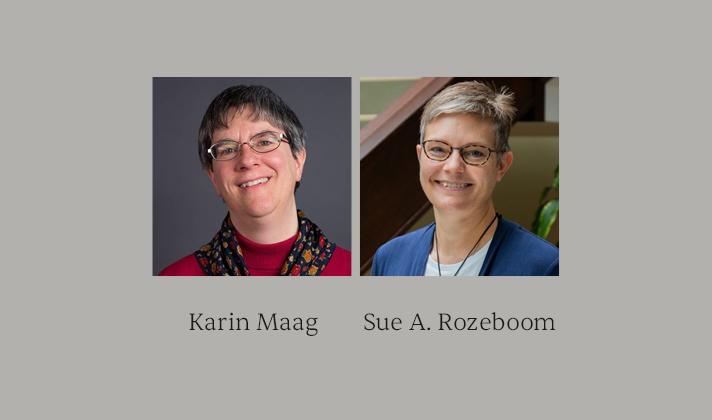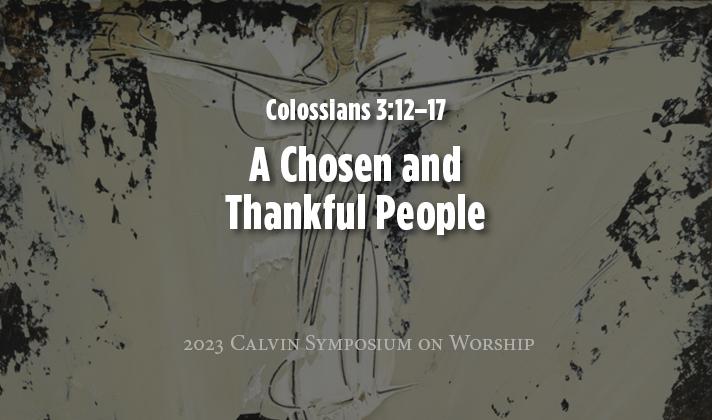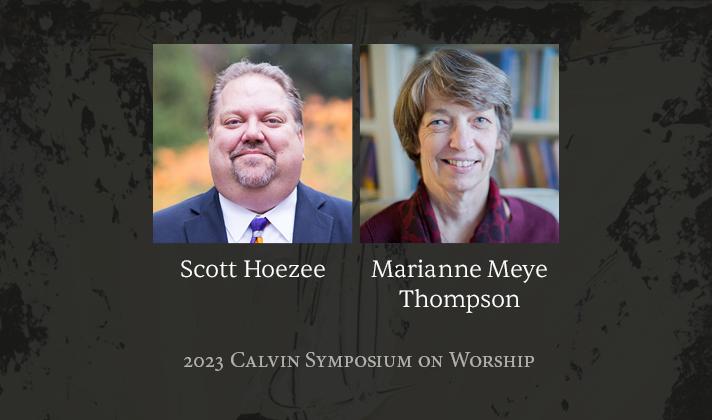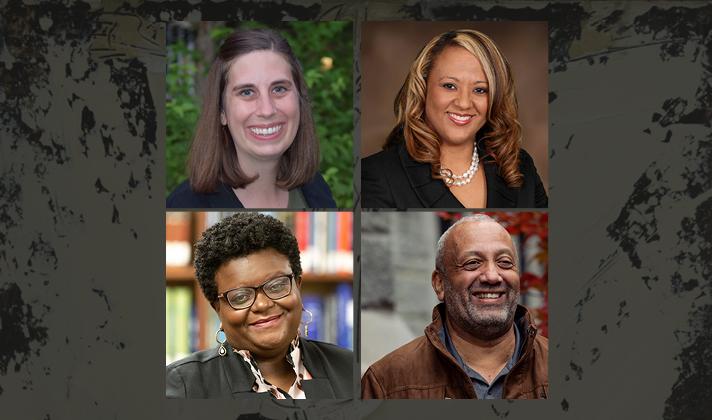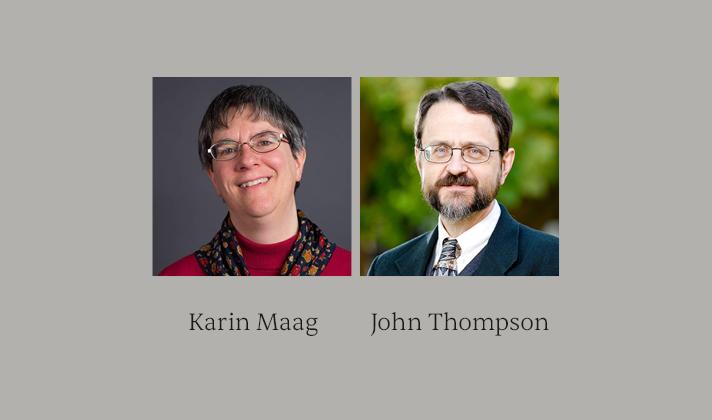Visual Arts in Lent- Introduction
Pictures from the season of lent from several churches.
Katie J. Graber on Singing with Cultural Appreciation, Not Appropriation
Some congregations worry that singing songs outside their own tradition might be inauthentic or offensive. Ethnomusicologist Katie J. Graber gives reasons for using worship songs from other cultures and eras—and how to do so with proper appreciation and attribution.
La Bendición en el Antiguo Testamento
En el culto público, la bendición es un componente indispensable de la liturgía. Podemos decir que cada iglesia, independientemente de su tradición teológica y denominacional, ha hecho de la bendición parte del culto público, por lo general, al final del culto.
Herbert H. Tsang on the Beauty of Low-Tech Connections
COVID-19, “the triple pandemic,” and future universal health threats will continue to prevent many congregants, especially senior members, from attending worship in person. But for those willing to put up with some “holy messiness,” Herbert H. Tsang offers low-tech solutions to connect, sing, and worship together.
Guitar Technique for Playing in Worship
Explore a jazz and classical guitarist's techniques for playing in worship. Jason Werkema demonstrates left- and right-hand exercises, fretboard memorization, expanded chord voicings, fingerstyle technique, and much more!
Lent Resource Guide
This list of Lenten art, music, devotions, liturgies, books, and sermons will help you plan worship for Lent and includes resources for Palm Sunday, Maundy Thursday, and Good Friday.
Worship Service: Our Identity in Christ Alone
A worship service based on Colossians 3:1-11. The service is led by Danny Román-Gloró, preaching; James Abbington; Brandon A. Boyd; an orchestra from Calvin Christian High School [Grandville, Michigan] directed by Karel deWaal Malefyt; and an orchestra from Grand Rapids Christian High School [Grand Rapids, Michigan] directed by Cyndi Betts and Erin DeYoung.
Sharing and Serving: The Lord's Supper
This fourth session is part of “Experiencing the Contours of Early Modern Worship,” a series of five linked sessions bringing current-day participants into the world of Reformation Europe. What was it like to attend worship in Wittenberg in 1530, Geneva in 1550, London in 1570, or Venice in 1590? When people in different confessional contexts joined in worship and participated in the sacrament in this period, what differences and similarities were there? Join Sue Rozeboom [Western Theological Seminary] and Karin Maag [Meeter Center] for an overview of the range of perspectives on and practices of this sacrament in the Reformation era.
Worship Service: A Chosen and Thankful People
A service of the word and table based on Colossians 3:12-17. The service is led by Laura de Jong, preaching; Ron Rienstra; and Western Theological Seminary Chapel Stewards, past and present [Holland, Michigan].
Metanarratives and Identity: The Challenge and Opportunity of Colossians
In this session Scott Hoezee talks with Marianne Meye Thompson about her Colossians commentary and most particularly about the sweeping claims Paul makes regarding Christ. How does Paul's metanarrative fit in a world that promotes not one, but a diversity of stories, and how does Paul's call to find our identity in the Christ of this grand narrative sound to people today? The session also explores how to preach and teach this message in our present context.
Welcoming All Bodies and Abilities into Worship and the Life of the Church
This session explores a biblical view of disability and practical ways of including people with disabilities in every aspect of the church for the flourishing of the entire worshiping community.
Proclaiming and Responding to God's Word: Exegesis and Preaching
This fifth session is part of “Experiencing the Contours of Early Modern Worship,” a series of five linked sessions bringing current-day participants into the world of Reformation Europe. What was it like to attend worship in Wittenberg in 1530, Geneva in 1550, London in 1570, or Venice in 1590? When people in different confessional contexts joined in worship and participated in the sacrament in this period, what differences and similarities were there? Join John Thompson [professor emeritus, Fuller Theological Seminary] and Karin Maag [Meeter Center] as they explore how pastors interpreted scripture and preached to their congregations.


